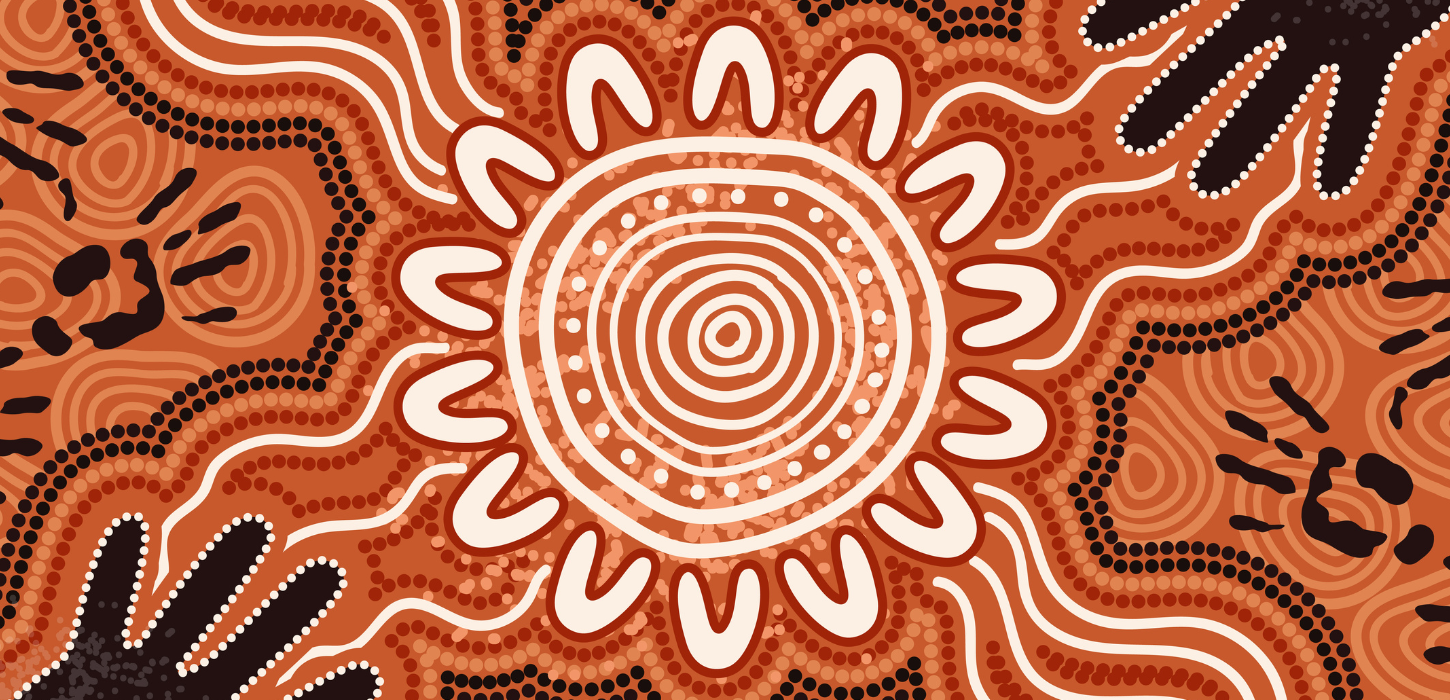Aboriginal Cultural Awareness Workshops
Bridging the knowledge gap for more inclusive engagement with Australia’s First Nations Peoples
Facilitated by First Nations’ leaders, participants improve their awareness and understanding about Aboriginal culture and perspectives, and develop skills in how to better engage with Aboriginal people to grow mutual respect and have more effective relationships.
The sessions are interactive, encourage reflection and inspire commitment towards improving Aboriginal cultural knowledge and understanding. Parts are self-directed to ensure participants connect their learning to their experience and topics covered include:
- What are the barriers between Aboriginal peoples and non-Aboriginal Australians?
- Significant moments in history that have shaped the way Aboriginal Australians are today.
- Cultural beliefs, customs and values, and their role in mainstream Australian society.
- Contemporary vs traditional lifestyles, connection to country, community and kinship.
- The importance of self-determination and identity
- The pathway to wellbeing
Benefits and key outcomes of the workshops include pro-actively applying Aboriginal Cultural Awareness in your relationships, workplace or organisation; real and lasting change through understanding and empathy; improved lives/workplaces for Aboriginal and non-Aboriginal people and an opportunity to demonstrate your Reconciliation Action Plan (if relevant) in action.
Auspire delivers public workshops in a variety of formats including 3-hour online sessions, as well as half-day or full-day in-person sessions in and around Perth, WA. These public workshops are highly accessible as pricing is heavily subsidised. View our upcoming sessions below.
Auspire also delivers private sessions for businesses and organisations for their internal staff and members.
If you’d like us to deliver a half or full day session with our experienced First Nations’ facilitators, contact us for information.
Our Facilitators
Aboriginal Cultural Awareness Workshops

7 August 2025: Online Aboriginal Cultural Awareness Workshop
Auspire presents an interactive 3-hour online Aboriginal Cultural Awareness Workshop to gain an awareness of the culture, history and experiences of Australia’s First Peoples.


 Share
Share